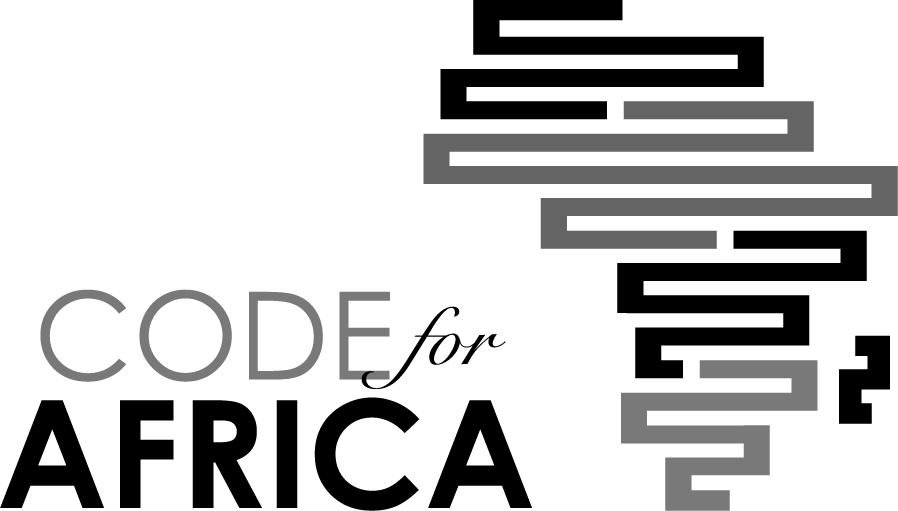Background
Médecins Sans Frontières (MSF) is a leading international independent medical humanitarian organisation, dedicated to providing expert medical relief to vulnerable populations at times of conflict or disaster. In over 71 countries worldwide, MSF provides both life-saving emergency relief and longer-term assistance to make basic healthcare services available to the most vulnerable or excluded communities. MSF Netherlands in Italy coordinates the Search and Rescue operations in the central Mediterranean which provide lifesaving activities and basic assistance.
Scope and objectives of the position
MSF Netherlands is looking for Search and Rescue professionals with a strong expertise in maritime sector. In particular, the skipper operates the MSF vessel in Search and Rescue operations in the Central Mediterranean and holds the ultimate responsibility for the safety of the survivors, the crew and the vessel. They organise the navigational watches, support and instruct the mechanic for issues regarding the engine room. Together with the Project Coordinator, the skipper communicates with authorities regarding distress cases and rescue operations.
The Skipper remains the final and legal accountable authority onboard (while at sea and in port) for all maritime and operational decisions at sea regardless of who is on the ship. S/he reports directly to the HoM.
Main responsibilities
|
Briefing and preparation
Navigation and rescue operations
Documentation and communication to the authorities
Vessel Maintenance
Survivor care
General
|
Specific Accountabilities
- This position is on tandem, meaning that there are two members of staff alternating on the same position. Each in-project deployment period is of approximately 6 weeks where the staff is based in the home port in Sicily and embarking on the ship for the operational rotations, followed by the off-project period composed of 4 weeks of rest at home and 2 weeks of remote work/stand-by period where the staff can be asked to travel back to Sicily..
- This position is partly on board a ship and partly working on land. Staff must be “sea worthy”, and be willing to take an active part in the rescues, the care for survivors and the maintenance of the ship. Be aware that seasickness can be significant. Working and living on a ship and going out on the RHIB in poor weather conditions for extended period of time requires a certain level of fitness. Each team member must be able to swim.
- The living conditions aboard the ship are rudimentary, cabins are shared with several people, a toilet and shower is shared between all the crew staff, with no possibility to ensure single-gender facilities. Rooms and bathrooms on land may also be shared.
- All staff is expected to contribute to the operations and chores on the ship, both at sea and while in port. This includes irregular shifts and night shifts, manual and heavy work within and beyond your own job responsibilities.
- Whilst the team is divided in several departments, all team members work closely together and wear several hats; collaboration and overall vision are essential to ensure that we offer the best care possible to the survivors.
- In the last years, SAR NGOs have been faced with targeted obstructions of their work, in a very politicised context. The operational space can evolve quickly, activities may be blocked for legal, political or technical reasons, therefore there may not always be visibility on operations.
- Journalists will regularly be present on the ship; staff may be asked to give interviews or be photographed during their work.
Requirements
|
Certification |
Required:
|
|
Experience |
|
|
Languages |
|
|
Knowledge |
|
|
Competencies |
|
Conditions
MSF is looking for 2 SKIPPER positions available in 2026 (12 months).
The candidate must hold a valid work permit to work in Italy.
Application procedure: To apply for this role, please submit your application via email to
sar-jobs@oca.msf.org
Subject: “SKIPPER_your Surname”
Attaching
- motivation letter and CV updated (both in English) by specifying the certificates held
- 2 contacts of reference of your line managers
- Periods of availability
Only short-listed candidates will be contacted.
MSF-Netherlands is an Equal Opportunity Employer. No employee, or applicant for employment, shall be discriminated against in any term or condition of employment because of race, color, religion, national origin, sex, age, or sexual orientation. Diversity, equity, and inclusion are core values. We expect this same commitment from our staff.


